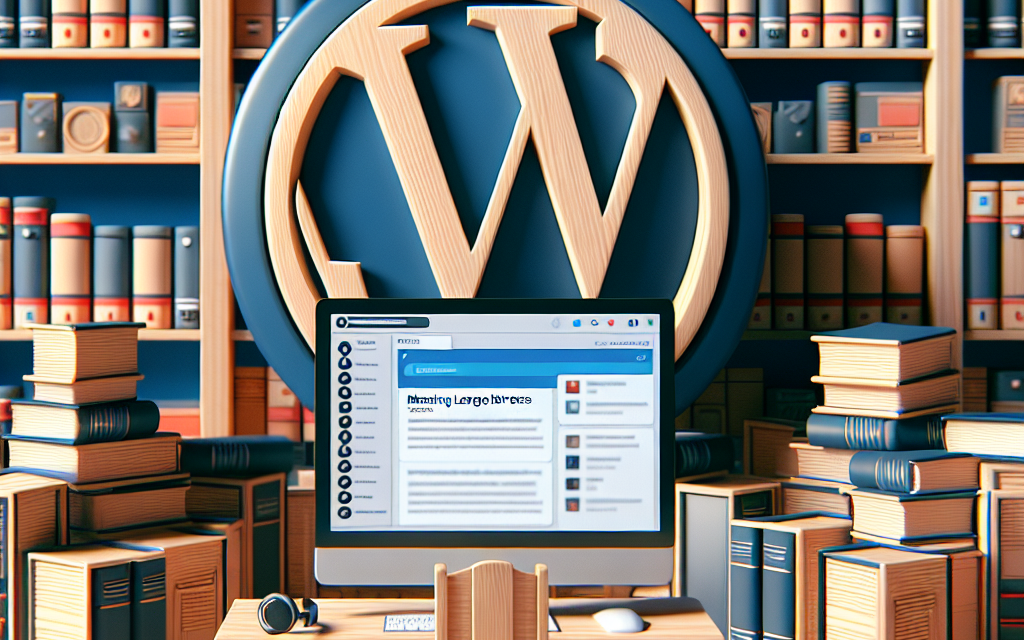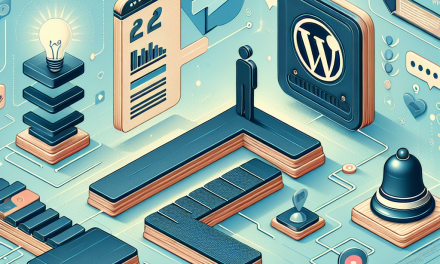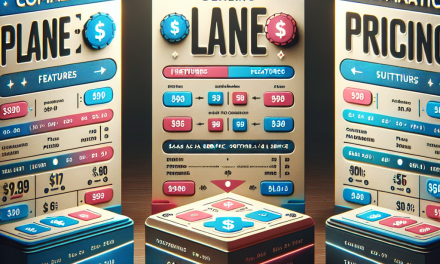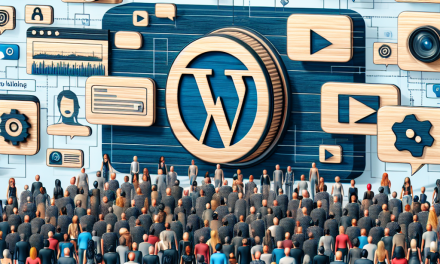Managing a large media library in WordPress can be daunting, especially for content creators, bloggers, and businesses with extensive visual assets. If you’re struggling to keep your media organized or ensure efficient use of your resources, don’t worry! In this article, we’ll explore essential tips and tools you can utilize to master your large media libraries in WordPress.
1. Organize Your Media with Folders and Categories
One of the most effective ways to streamline your media library is through organization. By categorizing your media files, you make it easier to locate specific assets when needed. WordPress doesn’t inherently support folders in the media library, but several plugins like FileBird allow you to create folders and subfolders, making your assets much more manageable.
How to Use FileBird:
- Install and activate the FileBird plugin.
- Create folders and drag your media files into the appropriate categories.
2. Optimize Media Files for Web Use
Large media files can slow down your website, negatively affecting user experience, SEO, and your site’s loading speed. Always optimize your images before uploading them. You can use plugins such as Smush or Imagify to automatically compress images without compromising quality.
Tips for Image Optimization:
- Save images in appropriate formats (JPEG, PNG, GIF).
- Resize images to fit your website layout requirements.
- Utilize responsive images to cater to various screen sizes.
3. Use Descriptive Filenames and Alt Text
To make your media more accessible and SEO-friendly, use descriptive filenames and provide alt text for images. This not only improves SEO but also helps visually impaired users understand your content. When uploading a file, consider including keywords that describe the image and are relevant to your content.
Best Practices for Alt Text:
- Be specific and descriptive.
- Avoid keyword stuffing; focus on context.
- Keep it concise and directly related to the image content.
4. Implement a Media Management Plugin
Consider using media management plugins that can help improve the way you manage your library. Plugins like Enhanced Media Library can help you categorize media, set file types, and add custom taxonomies.
Key Features of Enhanced Media Library:
- Create and manage categories and tags for media files.
- Filter media files using various criteria.
- Integrate with existing categories from WordPress for better file classification.
5. Regularly Audit Your Media Library
Just like any other part of your WordPress site, it’s essential to perform regular audits of your media library. Delete unused or outdated files to keep your library clutter-free. This will not only improve organization but also save storage space, enhancing your website’s performance.
Steps to Audit Your Media:
- Use plugins like Media Cleaner to identify unused media files.
- Review files based on frequency of use.
- Delete files that no longer align with your content.
6. Leverage Cloud Storage Solutions
If your site has an extensive media library, consider utilizing cloud storage solutions to offload large files. Plugins like WP Offload Media can automatically upload your media files to Amazon S3, WafaTech Spaces, or similar platforms, freeing up space on your web host.
Benefits of Cloud Storage:
- Scalable storage options based on your needs.
- Faster load times for images hosted on a dedicated server.
- Improved site performance and reliability.
Conclusion
Mastering large media libraries in WordPress doesn’t have to be a complex task. By implementing these essential tips, you can effectively manage, optimize, and organize your media assets, resulting in a more efficient workflow and a better user experience.
For those seeking unmatched performance and support for their WordPress site, consider leveraging WafaTech’s NextGen WordPress hosting. With optimized server environments and dedicated support, you’ll be able to focus on your content, knowing that your media library is well-managed.
Call to Action
Ready to take your WordPress experience to the next level? Explore WafaTech’s NextGen WordPress hosting for seamless management of your media library and enhanced performance for your website!
By implementing these strategies and using the recommended tools, you’ll transform the way you handle your large media libraries in WordPress, making your site faster, more organized, and more enjoyable for your visitors. Happy uploading!





